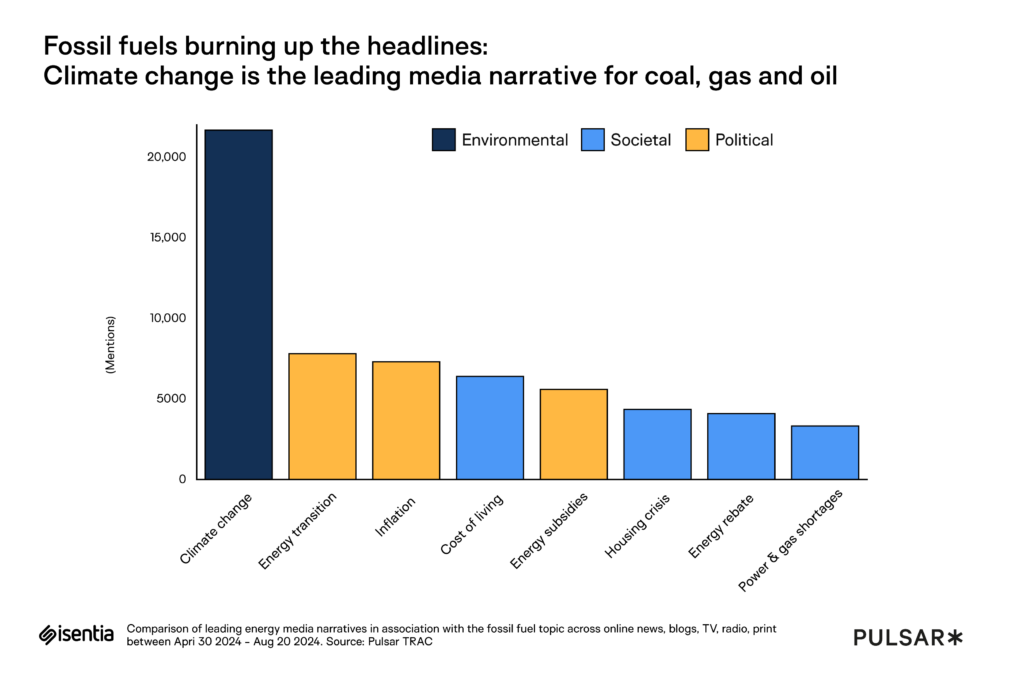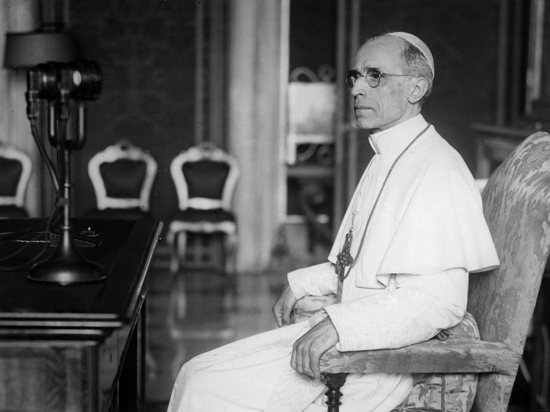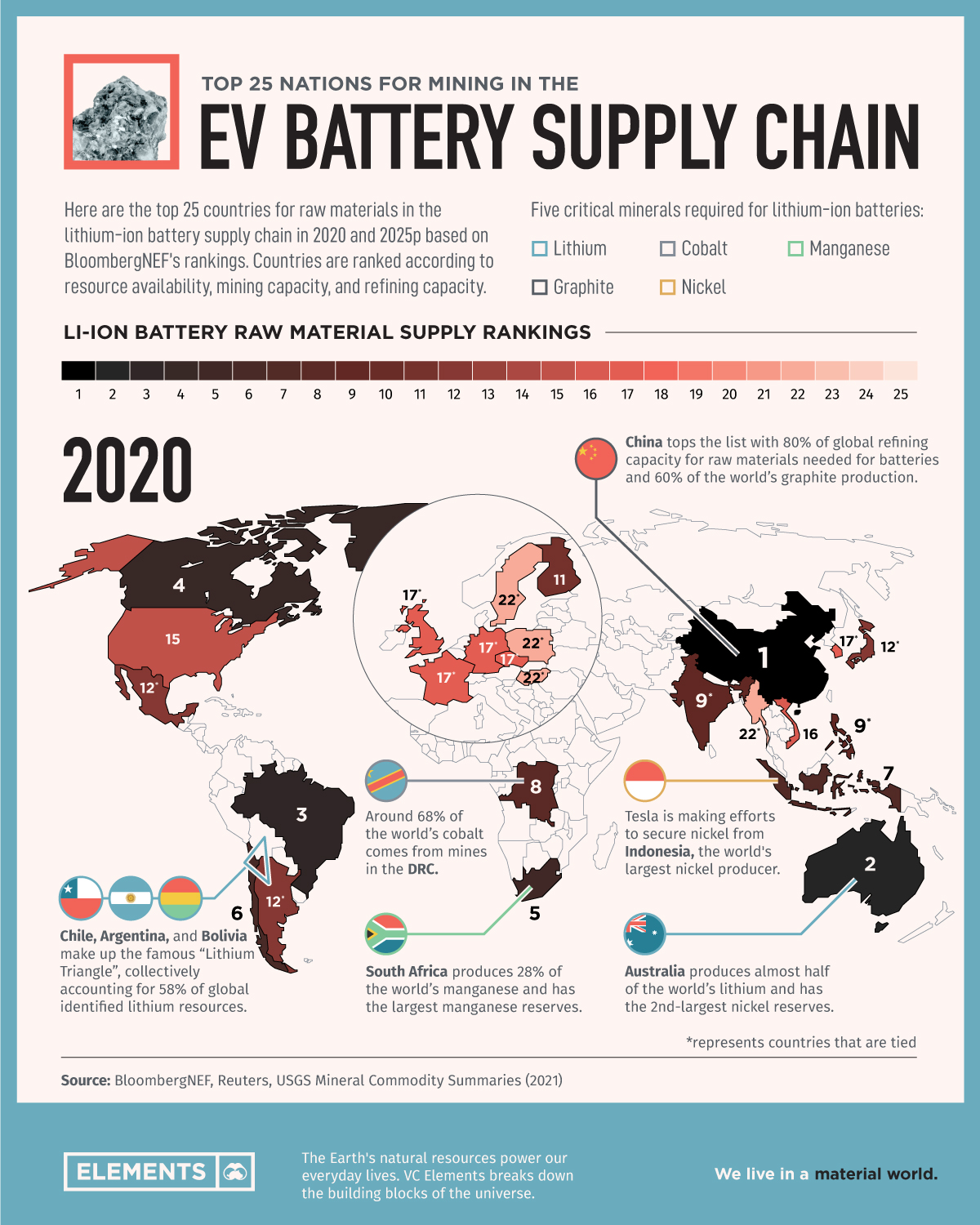ECB: Lingering Pandemic Fiscal Support Fuels Inflation

Table of Contents
Pandemic Fiscal Policies and Their Intended Effects
Faced with the unprecedented economic shock of the COVID-19 pandemic, Eurozone governments implemented a range of expansive fiscal measures aimed at cushioning the blow. These policies were largely successful in their immediate objectives. The goal was to prevent mass unemployment, support businesses facing collapse, and stimulate aggregate demand to avoid a deeper recession.
The measures deployed varied across countries but generally included:
- Furlough schemes: Programs like Germany's Kurzarbeit and France's chômage partiel provided wage subsidies to businesses, allowing them to retain employees even with reduced working hours. These schemes prevented widespread job losses.
- Direct payments: Many governments provided direct cash transfers to households, boosting disposable income and supporting consumer spending. This helped maintain aggregate demand during lockdowns and restrictions.
- Loan guarantees and deferred tax payments: These measures provided crucial liquidity support to businesses, helping them navigate the initial economic disruption. This allowed many firms to survive the initial crisis and avoid bankruptcy.
- Investment in infrastructure projects: Several governments launched infrastructure projects, aimed at stimulating the economy and creating jobs in the longer term. These projects added to aggregate demand.
These policies were intended to act as a safety net, preventing a catastrophic economic collapse. While successful in their immediate goal, their longer-term consequences have proven to be more complex and challenging.
Unintended Consequences: The Inflationary Pressure
The massive injection of fiscal stimulus into the Eurozone economy, coupled with other factors, has unfortunately led to significant inflationary pressures. This is largely due to demand-pull inflation: the increased government spending boosted aggregate demand substantially, while supply struggled to keep pace.
Several factors contributed to this inflationary surge:
- Increased consumer demand: The direct payments and furlough schemes significantly increased disposable income, leading to higher consumer spending. This surge in demand outpaced the ability of businesses to meet it, pushing prices upwards.
- Supply chain bottlenecks: Pandemic-related restrictions, port congestion, and labor shortages created significant supply chain disruptions. This reduced the supply of goods and services, thereby increasing prices.
- Rising energy prices: The war in Ukraine exacerbated existing energy price pressures, leading to a significant increase in energy costs across the Eurozone. This had a substantial ripple effect on the broader economy.
- Increased raw material costs: Disrupted supply chains and geopolitical instability also drove up the cost of raw materials, further contributing to inflationary pressures across various sectors.
The combination of these factors created a perfect storm, resulting in sustained high inflation levels that are proving difficult to control.
The ECB's Response and Challenges
The ECB, responsible for maintaining price stability in the Eurozone, has responded to rising inflation with a series of interest rate hikes. However, addressing inflation driven primarily by supply-side factors presents unique challenges. Monetary policy tools, while effective in managing demand-pull inflation, are less potent when faced with supply-side constraints.
The ECB faces a difficult trade-off: raising interest rates to curb inflation risks slowing economic growth and potentially triggering a recession. The different economic conditions across the Eurozone member states further complicate this decision-making process.
The ECB's challenges include:
- Balancing inflation control with economic growth: Aggressive interest rate hikes risk stifling economic activity and increasing unemployment.
- Managing differing economic conditions across the Eurozone: Some countries are more vulnerable to higher interest rates than others, requiring a nuanced approach.
- Addressing the impact of geopolitical events: The ongoing war in Ukraine and its impact on energy prices significantly influence the inflationary outlook.
The Debate Surrounding Fiscal Policy's Role
Economists are divided on the extent to which lingering pandemic fiscal support contributes to current inflation. Some argue that it's a major driver, while others point to supply-side factors and geopolitical events as more significant contributors. The debate continues over the appropriate timing and scale of fiscal withdrawal, with concerns about potentially triggering a recession weighing heavily on policy decisions.
Conclusion: ECB and the Lingering Effects of Pandemic Fiscal Support on Inflation
In conclusion, the lingering effects of pandemic fiscal support are undeniably a significant contributor to the current inflationary pressures in the Eurozone, creating a complex and multifaceted challenge for the ECB. Continued government spending, while vital during the acute phase of the pandemic, has inadvertently contributed to high inflation rates. Further research and analysis are crucial to fully understand the complex interplay between fiscal policy, supply chain disruptions, and inflation in the Eurozone. This deeper understanding will lead to more informed policy decisions by the ECB and other relevant institutions in tackling ECB: Lingering Pandemic Fiscal Support Fuels Inflation. We need to closely monitor the ECB’s response to this ongoing challenge in the coming months.

Featured Posts
-
 Eksplorasi Sejarah Porsche 356 Dari Pabrik Zuffenhausen Jerman
Apr 29, 2025
Eksplorasi Sejarah Porsche 356 Dari Pabrik Zuffenhausen Jerman
Apr 29, 2025 -
 Pw C Faces One Year Advisory Ban From Saudi Arabias Pif
Apr 29, 2025
Pw C Faces One Year Advisory Ban From Saudi Arabias Pif
Apr 29, 2025 -
 Cardinals Conviction Implications For Participation In Papal Election
Apr 29, 2025
Cardinals Conviction Implications For Participation In Papal Election
Apr 29, 2025 -
 Dysprosiums Growing Importance In Electric Vehicles A Supply Chain Crisis
Apr 29, 2025
Dysprosiums Growing Importance In Electric Vehicles A Supply Chain Crisis
Apr 29, 2025 -
 Update British Paralympian Missing In Las Vegas Investigation Underway
Apr 29, 2025
Update British Paralympian Missing In Las Vegas Investigation Underway
Apr 29, 2025
